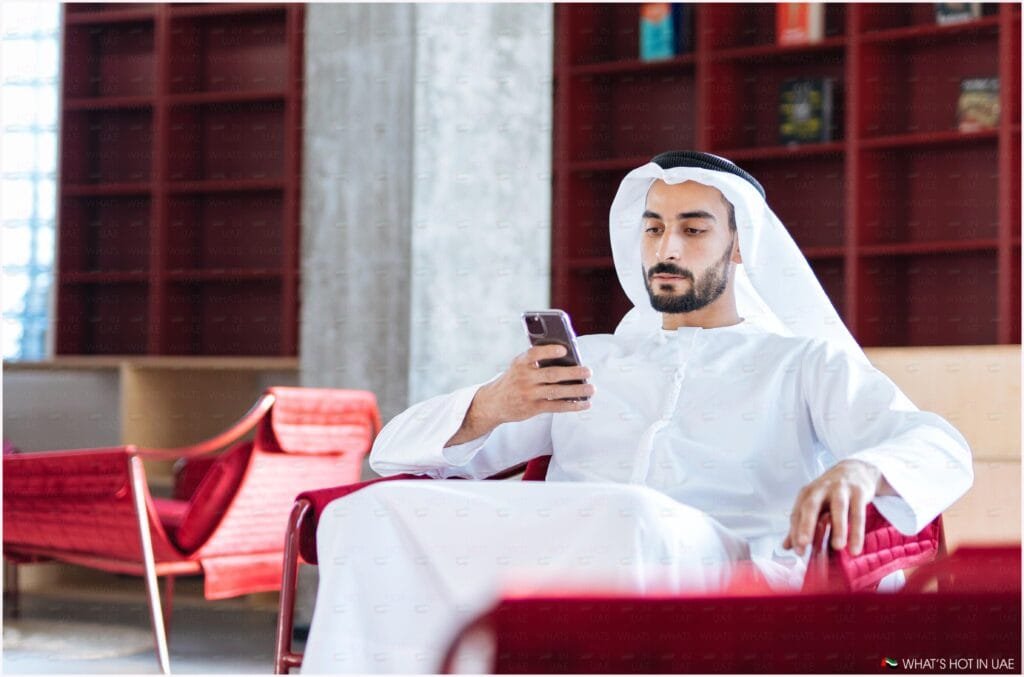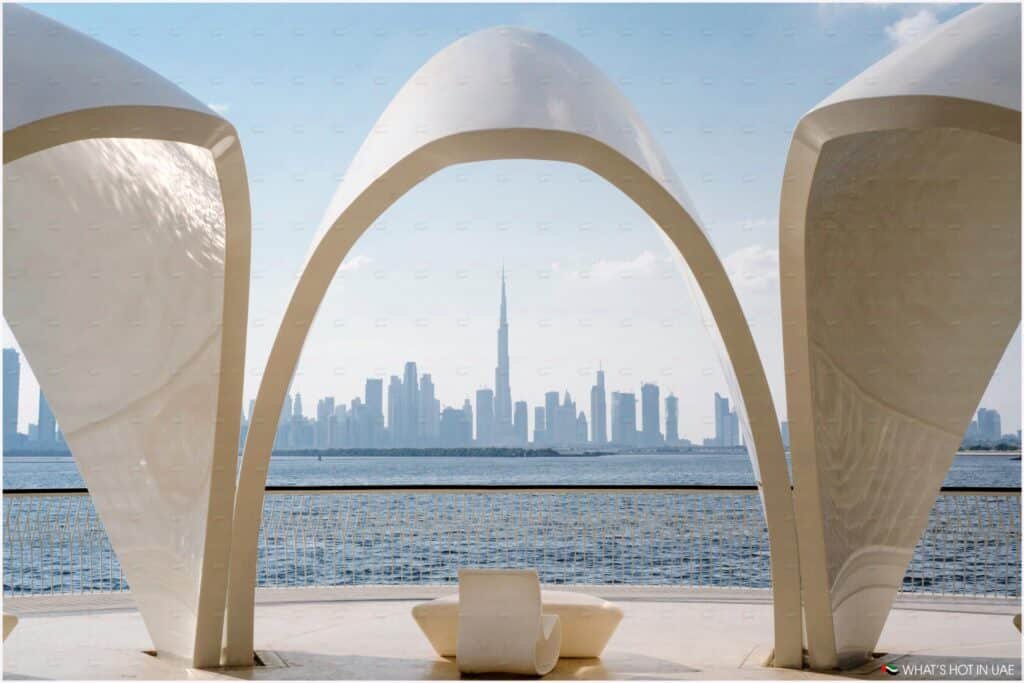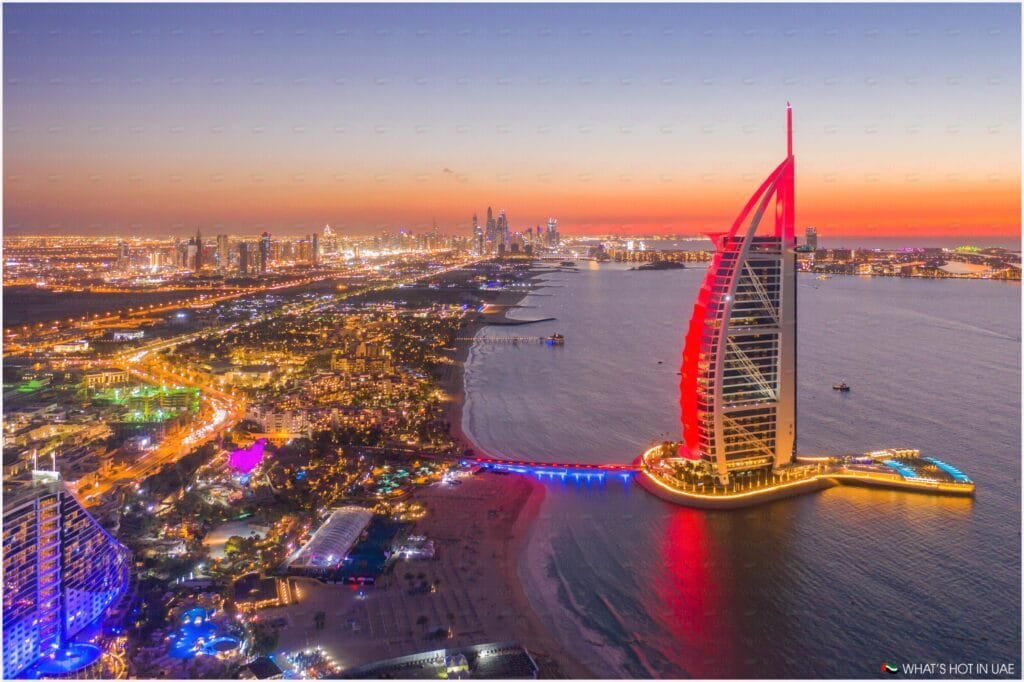The UAE public holidays 2026 calendar is already stirring conversations across workplaces, WhatsApp groups, and travel agency counters. In a country where long weekends feel like gold dust and Eid breaks can feel like mini summer holidays, knowing these key dates in advance matters deeply. Whether you’re a long-term resident, a short-term visitor, a hospitality boss, or a business owner trying to plan ahead, this year’s lineup of holidays offers more than a few opportunities for well-timed escapes and strategic scheduling.
This guide presents a comprehensive look at what to expect from the UAE public holidays 2026. While the Gregorian dates are confirmed, Islamic observances will depend on moon sightings, as is customary in the region. Nonetheless, authorities and astronomical projections give us a solid preview of when and how the UAE will pause to mark each special occasion.
Why public holidays in the UAE matter more than ever
Public holidays in the UAE do more than mark tradition. They serve as economic stimulants, moments of national reflection, and strategic relief for a workforce that often blends intense output with scorching summer climates. Dubai and Abu Dhabi, in particular, witness surges in domestic tourism and retail revenue during these breaks. From Ras Al Khaimah’s resort bookings to Fujairah’s hiking trails, the entire country sees an uptick in movement when public holidays strike.
In a nation filled with expatriates, holidays like Eid al-Fitr and UAE National Day bring out strong emotions. Many expats plan their annual leave around them, while citizens participate in deep cultural and religious ceremonies. Meanwhile, business owners watch trends closely, timing campaigns, flash sales, and staffing around public interest and reduced working hours.
For a complete practical guide to life in the Emirates, explore our full Living in the UAE hub.

New Year’s Day 2026: Thursday, 1 January
The new calendar kicks off with a firm public holiday on Thursday, 1 January 2026. Unlike other parts of the world where New Year’s Day can fall into a long weekend by luck, the UAE sees it as a standalone day of rest and recovery. While it’s a Western-centric holiday, it’s observed nationally and grants a quiet start before the year quickly ramps up.
Dubai and Abu Dhabi usually host major New Year’s Eve fireworks. Events span from Burj Khalifa’s synchronised show to Atlantis The Palm’s pyrotechnics on the shoreline. By morning, the city falls still. Businesses remain shut, and cafes buzz with brunch-goers enjoying the brief pause before life resumes.
Eid al-Fitr 2026: Friday 20 March to Sunday 22 March (expected)
Eid al-Fitr holds immense significance in the Islamic calendar, marking the end of the holy month of Ramadan. Based on lunar observations, the likely dates for Eid al-Fitr 2026 fall between Friday, 20 March, and Sunday, 22 March. That’s a full three-day stretch, kicking off the spring season with spiritual joy, communal gatherings, and family feasts.
While UAE astronomers project these dates, official confirmation will only come with the moon sighting closer to the time. The public and private sectors both receive time off, though the number of days may vary slightly depending on final Cabinet decisions.
In the cities, you’ll witness Eid prayers at dawn, vibrant gift exchanges, and mall promotions that coincide with the celebratory mood. For residents, it’s a chance to travel or simply switch off and reset. For visitors, it offers a glimpse into the UAE’s generosity and communal warmth.
Arafat Day and Eid al-Adha: Tuesday 26 May to Friday 29 May (expected)
Following Eid al-Fitr comes the next major Islamic occasion—Eid al-Adha. It begins with Arafat Day, expected on Tuesday, 26 May. It then extends into a three-day Eid period ending Friday, 29 May. Consequently, this means a possible four-day public holiday, making it one of the longest anticipated breaks in the 2026 calendar.
Eid al-Adha is known as the Festival of Sacrifice. It commemorates the willingness of Prophet Ibrahim to sacrifice his son in obedience to God. Celebrations include early morning prayers, the sacrifice of livestock, and sharing meals with friends, family, and those in need. Shopping malls and markets usually stay open with extended hours. Meanwhile, many locals travel abroad or head to coastal emirates for the break.
If you’re planning a getaway, this is one of the most reliable windows to aim for. However, as always, moon sighting confirmations will dictate the exact start date.

Islamic New Year (Hijri 1448): Tuesday 16 or Wednesday 17 June (expected)
The Islamic New Year, also called Al-Hijra, is projected to fall on either 16 or 17 June in 2026. Though less festive than the Eid holidays, this day holds spiritual importance. It marks the migration of Prophet Muhammad from Mecca to Medina, a foundational moment in Islamic history.
In the UAE, it’s a public holiday but tends to be low-key compared to other observances. Most residents use this time to enjoy quiet reflection or a break from routine. Businesses usually remain closed for the day. It offers a much-needed pause before the summer heat peaks.
Prophet Muhammad’s Birthday (Mawlid): Tuesday 25 or Wednesday 26 August (expected)
Prophet Muhammad’s birthday, also known as Mawlid al-Nabi, is likely to be marked in late August. It may fall on either Tuesday the 25th or Wednesday the 26th. This day celebrates the birth of the Prophet and is traditionally observed through religious lectures, community prayers, and a general mood of reflection and reverence.
The UAE treats this holiday with solemnity. Unlike the high energy of National Day or the festive joy of Eid, this day is more subdued. Commercial activity slows down, and a single day off is usually granted. Nonetheless, it’s an important part of the country’s religious calendar and observed with grace and respect.
Commemoration Day: Wednesday, 1 December
Formerly known as Martyrs’ Day, Commemoration Day on 1 December is a fixed public holiday to honour Emiratis who lost their lives in the service of the nation. It precedes National Day and carries a deeply patriotic tone.
Across the Emirates, flags are flown at half-mast, and a minute of silence is held to reflect on the sacrifices made. Government offices close, and events such as wreath-laying ceremonies and community gatherings take place. It’s a solemn prelude to the celebratory tone that follows in the coming days.

UAE National Day Holidays: Wednesday 2 December & Thursday 3 December
The biggest holiday celebration of the year follows directly after Commemoration Day. National Day, marked on 2 December, celebrates the formation of the United Arab Emirates in 1971. The public holiday typically spans two days, with Thursday, 3 December, also observed nationwide.
This is a time of pride, fireworks, parades, and patriotism. In 2026, with the holiday falling mid-week, residents are likely to enjoy an extended four- or five-day weekend. This is if combined with leave or adjusted work hours. Streets light up in green, white, red, and black. Concerts take place in major city centres. Traditional Emirati music and heritage dances fill the air. It is the heartbeat of national identity.
For the tourism industry, this is a goldmine. Expect packed hotels, bustling malls, and national discount campaigns on everything from groceries to gadgets.
Will any holidays be moved or shifted?
In the UAE, most fixed Gregorian holidays stay as they are. Islamic holidays, however, can shift by a day or two depending on moon sightings. Additionally, holidays that fall on a weekend—except for Eid holidays—are generally not carried over. This is a Cabinet-level decision and tends to be applied consistently.
For 2026, the good news is that many holidays align favourably with weekends or mid-week stretches, creating natural opportunities for long breaks. Authorities may announce adjustments closer to the time, but these are usually made with business continuity and public convenience in mind.

Planning ahead with the 2026 calendar
Residents in the UAE have grown accustomed to tracking astronomical calendars, Cabinet announcements, and social media updates. They look towards official sources like the UAE Government Media Office or the Emirates Astronomical Centre. It’s almost a national sport to guess the final dates of Eid holidays before they’re formally confirmed.
Travel agencies see a spike in last-minute bookings once the dates are locked in. Employers gear up for workforce coverage, and schools issue updated timetables. It all moves with precision, though no one really knows the final Eid start date until the moon says so.
With 2026 promising a few generous breaks, the best strategy is to use the projected dates and plan conservatively. Book refundable flights. Watch for hotel flash sales. Align leave days with fixed holidays like 1 January, 1–3 December, or confirmed Gregorian dates to maximise time off.
A nation that pauses with purpose
UAE public holidays are more than logistical moments—they’re woven into the emotional rhythm of the country. They give space to fast, reflect, reunite with family, or express national pride. Whether marked with fireworks or silent prayer, each holiday carries its weight, meaning, and memory.
In 2026, the calendar offers a tapestry of such moments. From early January to the national crescendo of December, the UAE will again pause at intervals, each time in a different tone. Knowing these ahead of time means more than just planning travel. It’s a window into the soul of the Emirates.

UAE public holidays 2026 – For Those Who Need To Know..
The confirmed holidays include New Year’s Day on 1 January, Commemoration Day on 1 December, and UAE National Day on 2–3 December. These dates are officially recognised and fixed in the Gregorian calendar.
Eid al-Fitr is projected to fall between Friday, 20 March and Sunday, 22 March in 2026, depending on moon sighting. Final confirmation will be made by the UAE authorities closer to the date.
Typically, UAE holidays are not shifted if they fall on a weekend, except for Eid holidays. This has been confirmed by previous Cabinet resolutions and applies across both public and private sectors.
Residents may enjoy several long weekends in 2026, including Eid al-Fitr in March, Eid al-Adha in late May, and UAE National Day in early December. The exact number depends on moon sightings and final government announcements.



